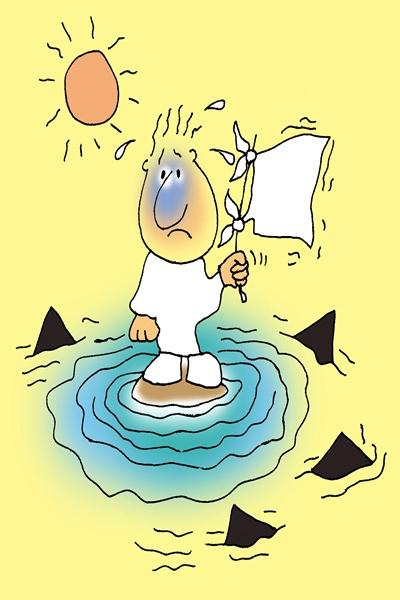
Banks charge double penalty - where the cheque is issued & where it is deposited.
Two things will follow if you issue a cheque to your friend and it bounces. You will have to pay a penalty.
Your friend, too, will be penalised by the bank where s/he deposits the cheque. And, if your cheque towards repayment of a loan bounces, then, in addition to the penalty for the bounced cheque, (charged by both banks), you will also pay late payment charges.
Technically speaking, the solution is simple: Don't let your cheque bounce! However, ensuring sufficient funds in your account always is easier said than done.
It is possible the loan re-payment starts the day after salary gets credited into the savings bank (S/B) account.
…
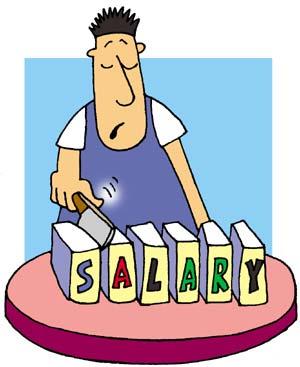
Sometimes, your salary gets delayed by a couple of days and you don’t notice there aren’t enough funds in your account. Result: your loan repayment cheque bounces and you pay the penalty. It becomes more serious if you run multiple loans simultaneously.
Let us assume your S/B account is with State Bank of India and you issue a cheque of Rs 50,000, which bounces due to insufficient funds. You will have to pay a penalty of Rs 102.
If the amount is Rs 1 lakh, the penalty would be Rs 204. If the cheque bounces due to technical reasons such as inconsistency in signature or over-writing on the cheque, then the charges are Rs 76. If your friend deposits the cheque (issued by you and bounced) with SBI, he will be charged the same penalty.
...
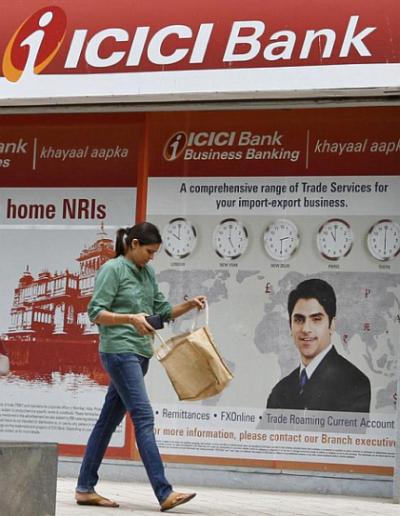
If your S/B account is with ICICI Bank, the penalty is Rs 350 for the first month and Rs 750 thereafter, if it is due to insufficient funds (Rs 50 for technical reasons).
If your friend deposits the bounced cheque in a local branch of ICICI Bank, the penalty is Rs 100.
If deposited in an outstation branch of ICICI, the penalty is Rs 150. Banks will also charge for expenses such as returning the cheque by post, service charges, etc. If the cheque towards your home loan repayment bounces, you will also have two per cent as late payment charges in case of both ICICI and SBI.
...
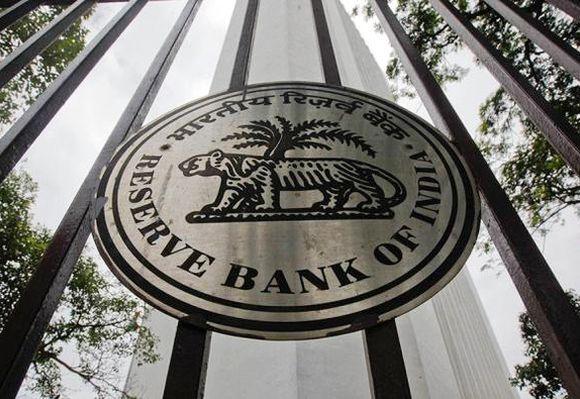
Neither the Reserve Bank of India nor the Indian Banks’ Association (IBA) has prescribed a maximum or minimum limit for the penalty for cheque-bouncing and it is for individual banks to decide, says V N Kulkarni, chief counsellor at Abhay, a Bank of India-sponsored debt counselling centre.
With the cost of operations increasing and interest income from loans diminishing, banks look to raise their fees to meet expenses.
“When customers issue cheques, it is their responsibility to ensure balance is available in the account. If the cheque bounces, the bank will not bother whether it is because the account holder has got the salary or not. Therefore, it is in the customer's interests to avoid unnecessary charges,” says Kulkarni.
...
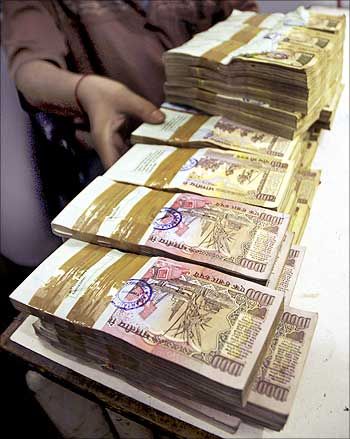
Harsh Roongta, chief executive officer of Apnapaisa.com, says service charges by banks should not be looked at in isolation. Because when you do, it is obvious a Rs 750 penalty sounds high. “It may seem so, especially if through oversight a cheque I issued gets bounced as funds probably hit my account a minute after the cheque was returned for insufficient funds,” he says.
There is a reason why banks charge seemingly hefty penalty for cheque bouncing. In the earlier systems, banks enjoyed a lot of hidden income.
For instance, the interest on S/B accounts were earlier payable on the minimum balance between the 10th and the last day of the month, but now it is paid on a daily basis. With no room for such hidden income now, banks have turned to other avenues to make up for the income loss.
...
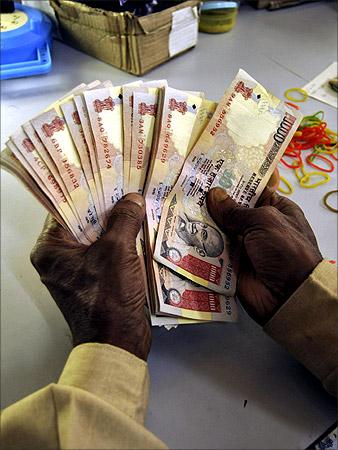
“While ideally competition should solve such issues, it has not always worked in India. Since neither competition nor the self regulatory organisation seem to be able to contain charges, maybe it is time for the regulator to lay out maximum service charges in some areas,” says Roongta.
CRIMINAL OFFENCE: If a cheque bounces due to insufficient funds, it is a criminal offence. The person in whose favour the cheque was issued can file a complaint under Section 138 of the Negotiable Instruments Act. If the cheque is issued in favour of a bank, then the bank can file case.
The punishment can be imprisonment and the penalty awarded can be up to 100 per cent of the amount. Even if the default is in case of Electronic Clearing Service, a complaint can be filed under Section 25 of the Payment and Settlement Systems Act, 2007.